When it comes to shaping the aesthetics and functionality of your business space, choosing the right flooring material is crucial. In this article, we will delve into a detailed comparison of floor tiles and vinyl, two popular options in the commercial sector. By understanding the pros and cons of each, you can make an informed decision that aligns with your business needs and budget. Durability and Longevity: Floor tiles, typically made of ceramic, porcelain, or natural stone, are renowned for their exceptional durability. They are resistant to heavy foot traffic, scratches, and stains, making them ideal for high-traffic commercial areas such as lobbies and hallways. Furthermore, floor tiles are known to maintain their appearance and structural integrity for decades, thereby reducing the need for frequent replacements. On the other hand, vinyl, comprising synthetic materials such as polyvinyl chloride (PVC) and fibreglass, also demonstrates impressive durability. While not as robust as floor tiles, vinyl can withstand general wear and tear, making it suitable for moderately busy commercial spaces. However, it is worth noting that vinyl may be susceptible to indentations and punctures from sharp objects or heavy furniture, potentially requiring more frequent maintenance and replacement. Design Options: Both floor tiles and vinyl offer a wide array of design options, allowing businesses to create a desired ambiance and style. Floor tiles offer a vast range of choices in terms of patterns, sizes, colors, and finishes. Whether you seek a classic, sophisticated, or modern look, floor tiles can be customized to complement your brand identity. Additionally, natural stone tiles, such as marble or granite, add a touch of elegance and uniqueness to your commercial space. Vinyl, on the other hand, offers a level of versatility that is hard to match. Thanks to its ability to replicate the appearance of various natural materials, including wood and stone, vinyl flooring can provide cost-effective alternatives to pricier options. With advancements in technology, vinyl can now closely resemble the real thing, allowing businesses to achieve a desired aesthetic without compromising their budget.
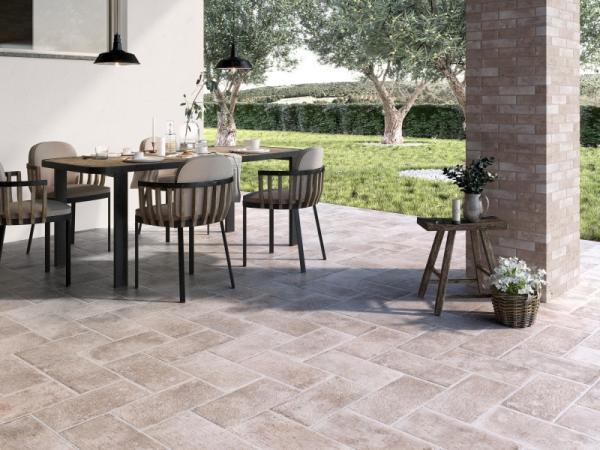
.
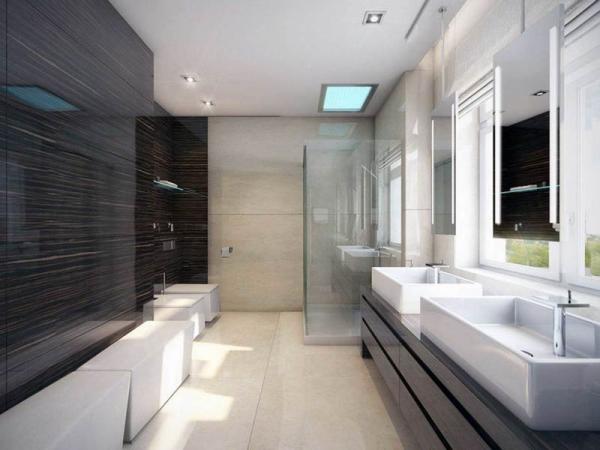 Maintenance and Cleaning: Maintaining clean and well-maintained floors is essential for any business. Here’s how floor tiles and vinyl measure up in terms of maintenance: Floor tiles are relatively easy to clean and maintain. Regular sweeping or vacuuming helps eliminate dirt and debris, while occasional mopping with a suitable cleaner keeps tiles looking pristine. However, it is important to note that grout lines between tiles may require periodic resealing to prevent staining and keep them hygienic. Vinyl, on the other hand, boasts a seamless construction, which makes it a breeze to clean. Regular sweeping or vacuuming followed by mopping with mild detergent ensures the longevity of vinyl. It is imperative to avoid using abrasive cleaners or excessive moisture, as these may damage the surface over time. Additionally, occasional polishing can restore vinyl’s shine and luster.
Maintenance and Cleaning: Maintaining clean and well-maintained floors is essential for any business. Here’s how floor tiles and vinyl measure up in terms of maintenance: Floor tiles are relatively easy to clean and maintain. Regular sweeping or vacuuming helps eliminate dirt and debris, while occasional mopping with a suitable cleaner keeps tiles looking pristine. However, it is important to note that grout lines between tiles may require periodic resealing to prevent staining and keep them hygienic. Vinyl, on the other hand, boasts a seamless construction, which makes it a breeze to clean. Regular sweeping or vacuuming followed by mopping with mild detergent ensures the longevity of vinyl. It is imperative to avoid using abrasive cleaners or excessive moisture, as these may damage the surface over time. Additionally, occasional polishing can restore vinyl’s shine and luster.
..
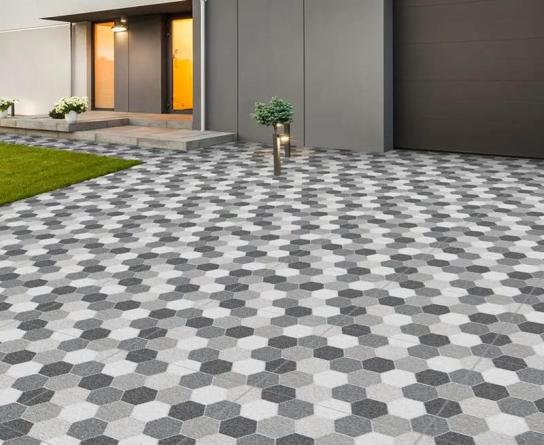 Cost Considerations: When it comes to budgetary considerations, both floor tiles and vinyl offer options to suit varying financial capacities. Floor tiles generally come with a higher upfront cost, with natural stone tiles being the priciest. However, they offer exceptional durability and longevity, reducing the need for frequent replacements, thereby providing long-term cost savings. Vinyl, on the other hand, is a more budget-friendly option, both in terms of material and installation costs. While the initial investment may be lower, it is important to consider potential maintenance and replacement costs, as vinyl may require more frequent upkeep and replacements due to its comparatively less robust nature.
Cost Considerations: When it comes to budgetary considerations, both floor tiles and vinyl offer options to suit varying financial capacities. Floor tiles generally come with a higher upfront cost, with natural stone tiles being the priciest. However, they offer exceptional durability and longevity, reducing the need for frequent replacements, thereby providing long-term cost savings. Vinyl, on the other hand, is a more budget-friendly option, both in terms of material and installation costs. While the initial investment may be lower, it is important to consider potential maintenance and replacement costs, as vinyl may require more frequent upkeep and replacements due to its comparatively less robust nature.
…
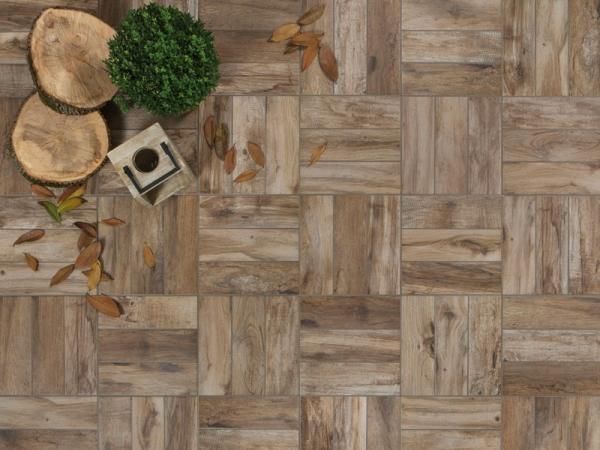 Conclusion: Choosing between floor tiles and vinyl for your commercial space is a matter of careful consideration. While floor tiles offer exceptional durability and a plethora of design options, vinyl provides greater versatility and is easier to maintain. Cost considerations also play a significant role, with floor tiles generally providing long-term cost savings, while vinyl offers a more budget-friendly solution in the short term. Ultimately, the choice between floor tiles and vinyl boils down to your business’s unique needs, aesthetic preferences, and budgetary constraints. By weighing the pros and cons outlined in this article, you can make an informed decision that will ensure your commercial space is both visually appealing and practical.
Conclusion: Choosing between floor tiles and vinyl for your commercial space is a matter of careful consideration. While floor tiles offer exceptional durability and a plethora of design options, vinyl provides greater versatility and is easier to maintain. Cost considerations also play a significant role, with floor tiles generally providing long-term cost savings, while vinyl offers a more budget-friendly solution in the short term. Ultimately, the choice between floor tiles and vinyl boils down to your business’s unique needs, aesthetic preferences, and budgetary constraints. By weighing the pros and cons outlined in this article, you can make an informed decision that will ensure your commercial space is both visually appealing and practical.
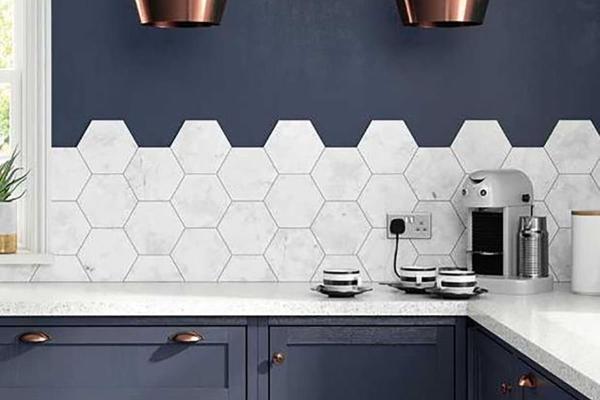
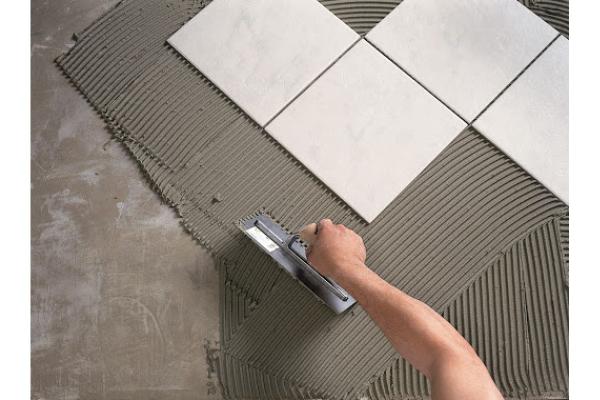
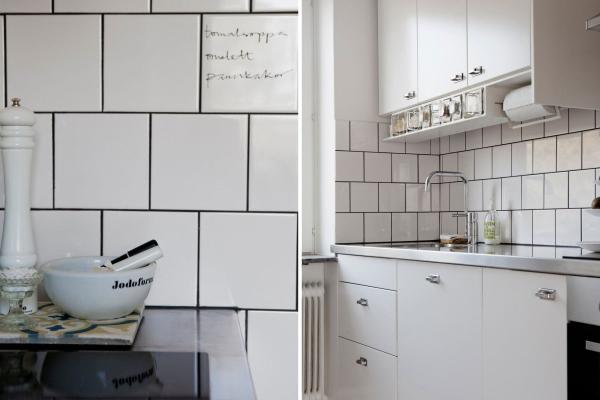
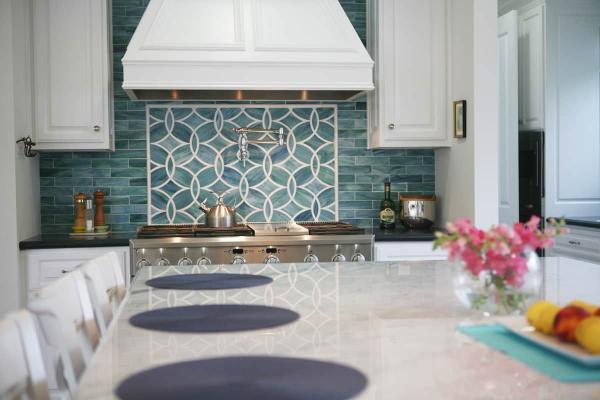
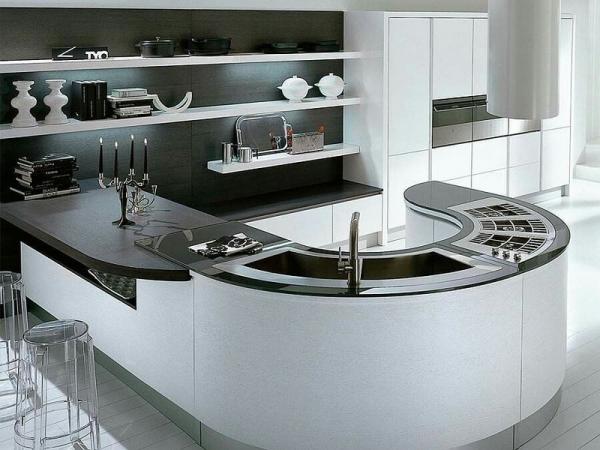
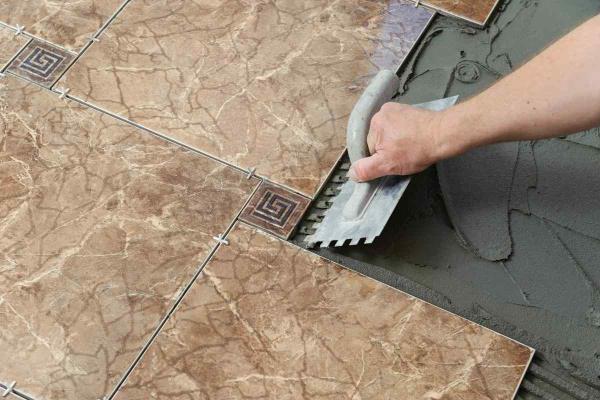
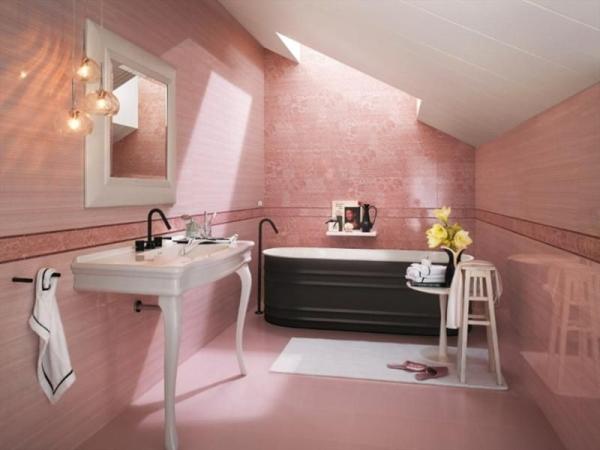
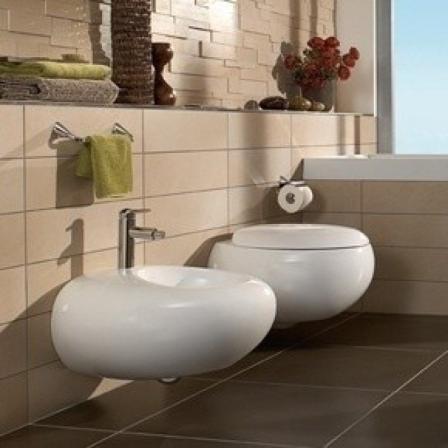

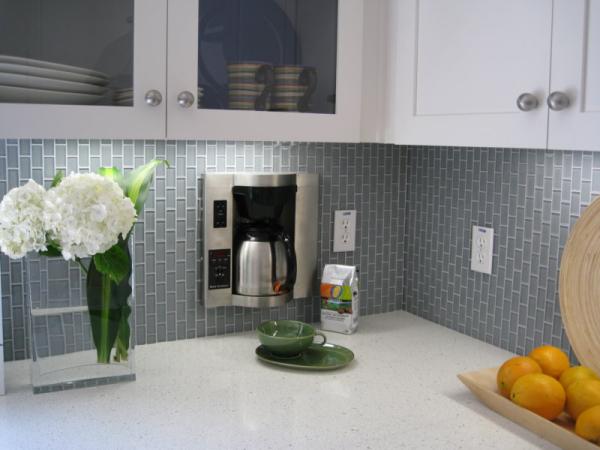
Your comment submitted.